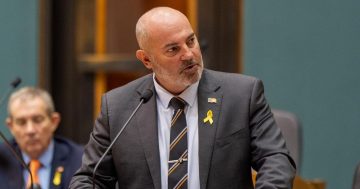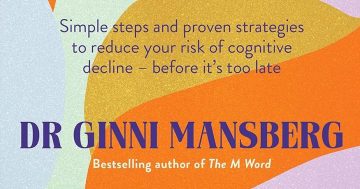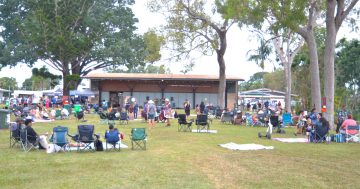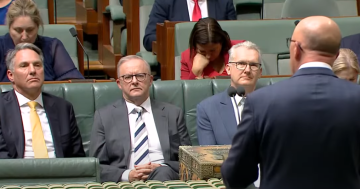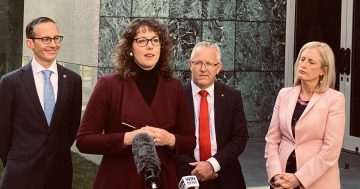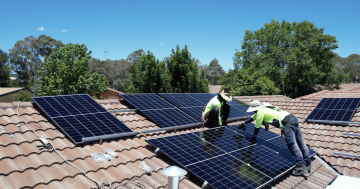Matt Kerr* says constantly monitoring your cash flow provides a more holistic picture of your spending habits than writing a budget.

Image: Melpomenem
I always find it interesting talking to my clients about their income and expenses.
Many of them become sheepish as we talk about how they manage their money.
Sometimes, it feels as if my office is a confessional and I am the one handing out the “Hail Mary’s” when they admit they don’t have a budget.
I always tell them that it is okay — I don’t have a budget either.
It may seem strange that a wealth adviser would go without a budget.
I certainly used to budget when I was younger, but I learned two important lessons.
The first thing I learned very quickly as a young man is that I would never go back and revisit my budget.
Writing a budget is kind of like setting an intention.
It’s easy to say you’ll spend X amount on food, transport or bills, but much harder to stick to.
Even if I felt I was doing well managing my money for the week, I would never sit down and run the numbers to compare my intentions against my actions.
I found I could tell if I was spending too much at the pub well enough — by the hangover and my empty wallet — without having to go back to my budget to make sure.
Suddenly, budgeting started to feel like a waste of time.
The second lesson I learned was the mental effect of a budget.
When I got older, my wife and I would make a budget for the year.
If the bottom line was break-even or a deficit, it had an impact on our outlook for the future.
We felt like we could not do things we wanted to because these were “extras” not factored into our budget.
In the end, we stopped ourselves from doing things we loved based on a perception of our position rather than the reality.
It was lucky we caught ourselves doing this before it became the norm.
These days, I use a different approach to my own financial management — I track my spending.
Instead of having a budget, which is a preventative measure, I look at my cash flow in real time.
This approach is more fluid than a budget, and it is more valuable to me.
Watching my cash flow allows me to get a more holistic picture of my spending habits and how they might change from week to week.
It lets me be flexible in my response and even reward myself when I’ve been especially frugal.
What a budget often doesn’t take into account is the timing of income and expenses, which in reality is more important.
Managing your cash flow is more valuable than comparing your actual figures to some arbitrary “best guess” amount.
I understand that a budget is necessary for some people.
You might be scraping from pay cheque to pay cheque or saving for a big trip!
But don’t let life pass you by while you’re stressing over what a budget “tells” you.
While it’s good to do an occasional review of your expenses, it’s even better to be mindful about the way your cash flows in and out.
* Matt Kerr is a Newcastle-based principal in Pitcher Partners’ Wealth Management Division.
This article first appeared at www.nestegg.com.au.


